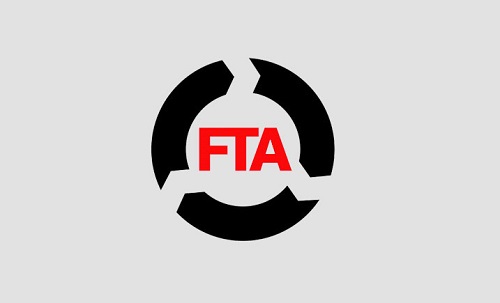
FTA “concerns” over EC road transport proposals

The UK-based Freight Transportation Association (FTA) says that it has “mixed feelings” over the European Commission’s (EC) latest package of legislative proposals on road transport. In a statement issued yesterday (2 June), FTA said that there were some “welcome elements that will cut red tape for international freight operators”, but it also “contains a worrying attempt to increase regulation for the vans sector”.
The association was “particularly concerned” that implementing these controls could “divert the Driver Vehicle and Standards Agency (DVSA)’s staff away from the vital task of policing dangerous, badly maintained or overloaded vehicles”.
James Firth, FTA’s Head of Licensing Policy, commented: “We recognise the political pressure the European Commission was facing from some member states to amend regulations covering freight vehicles, but the addition of new restrictions on van operators is an unnecessary imposition, the implementation of which will hinder business growth and bring no meaningful benefit to road safety.
“In turn, this will take the focus of the DVSA away from enforcing existing road safety laws against operators with dangerous, badly maintained and overloaded vans. Instead, the DVSA and government should be concentrating on encouraging increased professionalism in this fast-growing sector by cracking down on unroadworthy competitors, without creating unnecessary burden for those operating within the law.”
On the plus side, the FTA said the package contained some measures which the association itself had been lobbying on for some time.
Pauline Bastidon, Head of European Policy at FTA, said: “We welcome proposals to reduce the ever-increasing administrative burden that our international members have been facing when operating abroad, as a result of the so-called ‘minimum wage rules’, that have multiplied across Europe in the past months.
“The emergence of these national requirements has jeopardised the integrity of the single market, and created unnecessary costs and red tape for operators.
“In recent months, FTA has been relentless in asking the European Commission and national authorities to cut red tape for our members, so these proposed simplifications are most welcome.
“We also welcome the Commission’s efforts to bring greater inter-operability to road charging tools, which should remove the need for multiple boxes in the cab and cut costs for international operators, as well as the proposal to introduce incentives for users of cleaner vehicles.”
But Bastidon emphasized that FTA still has “serious concerns with crucial aspects of the package, such as the unnecessary imposition of bureaucratic rules for vans, or the move to ban drivers from taking their weekly rest in the cab”.
“We will continue to work with all European institutions involved to ensure our concerns are addressed as a matter of urgency,” added Bastidon.
While the proposed legislation would be unlikely to come into force before Brexit, FTA said that many of the proposals contained in the EU’s “Mobility Package” will affect the practicalities of how goods will move into and out of Europe from the UK.
“FTA is advising its members to plan ahead, as the Package – once finally agreed – could well be implemented in full in domestic legislation,” concluded Firth. “FTA will continue to represent its members views vigorously for the duration of the negotiations through its permanent presence in Brussels.”
And, still on the theme of van-related legislation and safety, the FTA has today (2 June) released a film which highlights the dangers of using mobile phones whilst driving and using poorly-maintained vehicles.
Clips from the film can be viewed on FTA’s YouTube channel at https://www.youtube.com/user/theftachannel and the film can be downloaded at www.vanexcellence.co.uk/one-fateful-day













